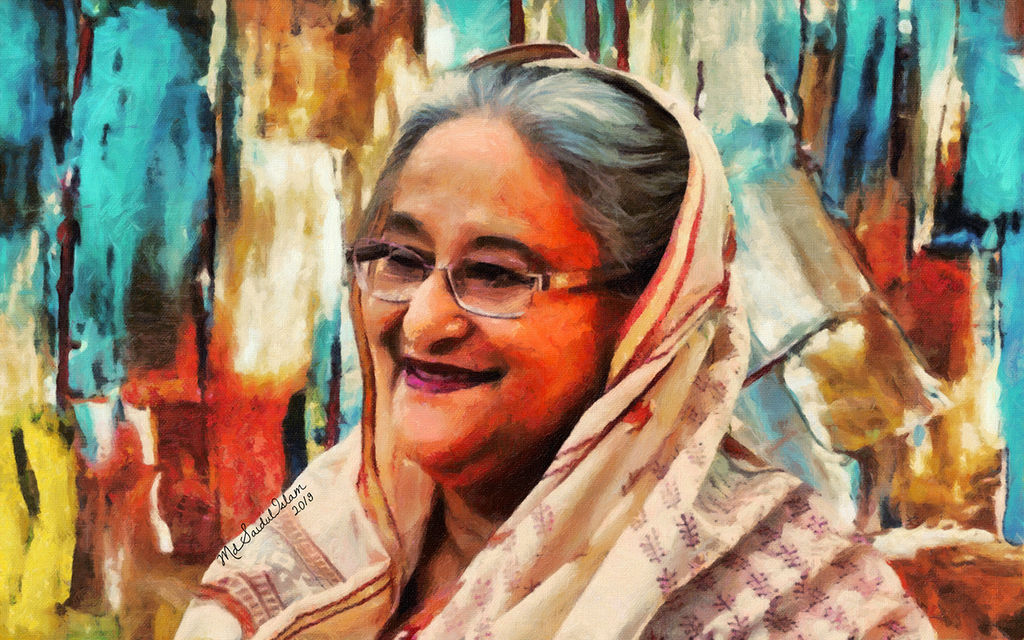The United States presidential election is one of the most significant democratic events, held every four years and attracting the attention of not only the American public but also millions around the world. It’s a process that goes beyond the singular act of voting; it encompasses months of campaigning, debates, primaries, and policy discussions that help shape the nation’s direction. From social issues to economic policies, healthcare reform to foreign diplomacy, the U.S. election plays a pivotal role in defining the country’s stance on critical issues, many of which have substantial global implications. The 2024 election, for instance, carries unique significance as it occurs in a time of both domestic challenges and shifting international dynamics, with issues such as economic recovery, climate change, and immigration reform at the forefront.
The process of electing a president in the U.S. involves several stages that ensure a thorough democratic selection. It begins with the primary elections, where candidates from both major parties—Democratic and Republican—compete to secure their party’s nomination. Primaries and caucuses are held in each state, starting with the highly influential Iowa caucuses and New Hampshire primary, events that traditionally shape the initial momentum of the campaign season. Through these primaries, candidates accumulate delegates who will vote on their behalf at the national conventions, held by each party. These conventions are symbolic and strategic events, where candidates and their parties formalize their platforms, introduce their vice-presidential running mates, and prepare for the general election.
Once the general election phase begins, candidates launch nationwide campaigns to engage voters, utilizing debates, rallies, and extensive media coverage to reach as many Americans as possible. The general election campaign provides an opportunity for candidates to differentiate themselves on issues that matter to the electorate, such as healthcare reform, economic stability, and social justice. Debates play a crucial role, offering a platform for candidates to present their policies side-by-side, allowing voters to compare their approaches and philosophies. Each election cycle has defining issues, but recent years have seen heightened attention on topics like climate change, technology and data privacy, income inequality, and foreign relations.
At the heart of the election process is the American voter, who plays an essential role in determining the direction of the country. However, the U.S. does not employ a direct popular vote system for presidential elections; instead, it uses the Electoral College, a unique system designed by the framers of the Constitution. Each state is assigned a specific number of electors based on its population, and in most cases, the candidate who wins the majority of the popular vote in a state secures all its electoral votes (with the exception of Maine and Nebraska, which use a proportional system). To win the presidency, a candidate must secure at least 270 out of the 538 total electoral votes. This system has been a subject of debate, especially when a candidate wins the Electoral College despite losing the popular vote, as has occurred in several recent elections.
One of the strengths of the U.S. election process is the tradition of peaceful transitions of power, where the incoming and outgoing administrations work together to ensure continuity and stability for the country. However, recent election cycles have seen this principle tested, particularly in highly polarized political environments. Increased scrutiny over election integrity, influenced by concerns over foreign interference, voter suppression, and disinformation, has underscored the importance of transparent and fair elections. Consequently, election reforms, voting rights legislation, and technological safeguards have become focal points in ensuring the integrity of U.S. elections.
Another key aspect of the election is the impact on Congress, as elections also determine the makeup of the House of Representatives and the Senate. These congressional elections shape the balance of power, influencing how effectively a president can implement their policies. When the president’s party holds a majority in both houses, it facilitates smoother passage of their agenda. However, when control is split, it often results in a system of checks and balances where negotiation and compromise are necessary.
In recent years, the role of social media in elections has become increasingly influential. Platforms like Twitter, Facebook, and Instagram are used by candidates to reach younger demographics and engage directly with voters. While social media offers unprecedented access and interaction, it also presents challenges, such as the spread of misinformation and the potential for echo chambers that reinforce biases. The 2024 election, much like those before it, will rely on robust fact-checking and transparency from social media platforms to prevent the spread of disinformation and promote an informed electorate.
Additionally, economic conditions often heavily influence voter decisions. Economic stability, job growth, inflation, and tax policies are central to a candidate’s platform, as many voters prioritize economic concerns. The economy can become even more of a focal point in times of financial uncertainty or economic crises, where candidates are judged on their ability to foster growth, create jobs, and support middle- and lower-income families. Issues such as healthcare and education costs, affordable housing, and the minimum wage are intertwined with economic policies, and candidates are expected to present solutions that address these fundamental issues.
The U.S. election is a global event due to the United States’ influence on international politics, trade, and security. The outcome of the election affects relations with allies, positions on climate change agreements, and trade policies with countries around the world. As a result, countries around the globe watch U.S. elections closely, knowing the results will influence global economic stability and international relations.
The U.S. election process is a multifaceted democratic exercise that reflects the values, challenges, and aspirations of its citizens. It embodies the ideals of choice and representation, allowing the public to voice their opinions on the direction of the nation and participate in shaping its future. While the process has its complexities, it remains a crucial mechanism of democracy, underscoring the importance of each citizen’s vote. From campaigning to casting ballots and the eventual transition of power, every aspect contributes to a system that, though not without flaws, strives to reflect the collective will of the American people. The election is more than a competition for political power; it is a statement of democracy and a testament to the values of participation and representation at the heart of the United States.
– Jubair Bin Iqbal











